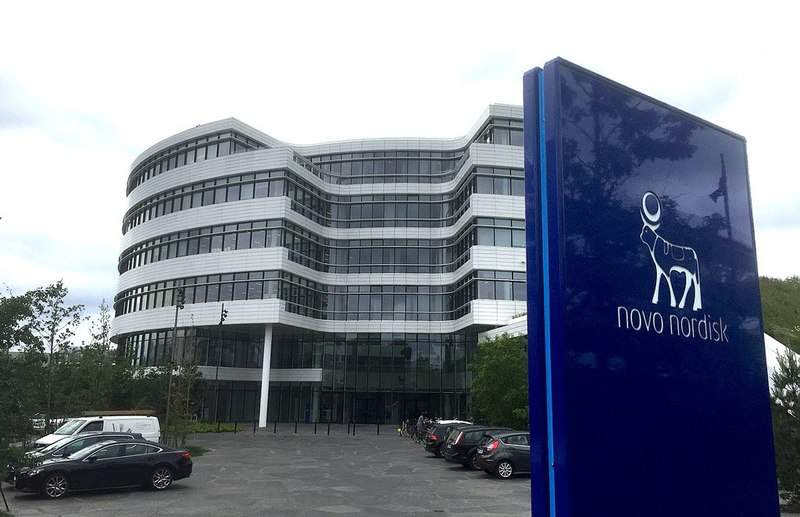
Novo Nordisk’s once-weekly Sogroya (somapacitan) has proved to be non-inferior to the once-daily growth hormone Norditropin (somatropin) in children’s growth disorders in a Phase III trial.
The Danish multinational said that Sogroya improved the yearly growth rate in pre-pubertal children born small for gestational age (SGA), with Noonan syndrome (NS), or with idiopathic short stature (ISS)in the Phase III REAL8 basket study (NCT05330325).

Discover B2B Marketing That Performs
Combine business intelligence and editorial excellence to reach engaged professionals across 36 leading media platforms.
In children born SGA, Sogroya was superior to a lower dose of Norditropin, 11cm compared to 9.4cm over a year. With a high dose, it was non-inferior at an 11cm growth compared to 11.1cm.
In patients with NS, the drug proved superior with a 10.4cm growth compared to 9.2cm after a year of treatment.
In children with ISS, Sogroya demonstrated non-inferior estimated mean growth, with both drugs increasing height by 10.5cm in a year.
Insulin-like growth factor 1 (IGF-1) response in patients treated with once-weekly Sogroyawas like those treated with daily growth hormone.

US Tariffs are shifting - will you react or anticipate?
Don’t let policy changes catch you off guard. Stay proactive with real-time data and expert analysis.
By GlobalDataThe trial also found Sogroya to be well-tolerated, with no safety or tolerability issues identified compared to once-daily growth hormone.
Results from the Turner syndrome (TS) sub-study of REAL8 will be available later this year.
Based on the data from REAL8 and REAL9 (NCT05723835) trials, Novo Nordisk submitted the drug for review last month in the three indications (SGA, NS and ISS) in both the EU and the US. REAL9 is investigating Sogroya in patients with TS, NS and ISS over 26 weeks.
The drug was first approved by the US Food and Drug Administration (FDA) in August 2020 for use in adults with growth hormone deficiency. It was then approved in April 2023 for the treatment of children aged 2.5 years and older who have growth failure due to inadequate secretion of endogenous growth hormone.
GlobalData predicts the drug to make annual sales of $294m in 2030. Meanwhile, sales of Norditropin, also developed by Novo Nordisk, are set to reach $960 in 2030, according to GlobalData.
GlobalData is the parent company of Clinical Trials Arena.
The data was presented at the first Joint Congress of the European Society for Paediatric Endocrinology (ESPE) and the European Society of Endocrinology (ESE) in Copenhagen, Denmark.
Agnès Linglart, professor of paediatrics at the Bicêtre Paris-Saclay University and Hospital, France, said: “Children with growth failure face many health challenges beyond just being shorter than their peers. They often have metabolic disruptions and developmental difficulties that can seriously affect their well-being and quality of life, as well as long-term effects such as increased risk of cardiovascular disease or type 2 diabetes.
“The REAL8 data marks an important step forward in providing these patients with an effective, once-weekly option that can potentially reduce treatment burden and improve adherence and treatment outcomes.”
Non-adherence to growth hormones is a common problem, highlighting the need for alternative therapies. Most approved treatments require daily injections, which are burdensome for children. While Sogroya is delivered subcutaneously, the weekly dosing schedule would likely be preferable to patients.
As well as Novo Nordisk’s Sogroya, competitors in the market include Eli Lilly’s Humatrope (somatropin), MSD’s Saizen (somatropin), and Pfizer’s Genotropin (somatropin), all with daily dosing. Longer-lasting agents that have been approved include Ascendis’s Skytrofa (lonapegsomatropin) and Pfizer’s Ngenla (somatrogon-ghla).




